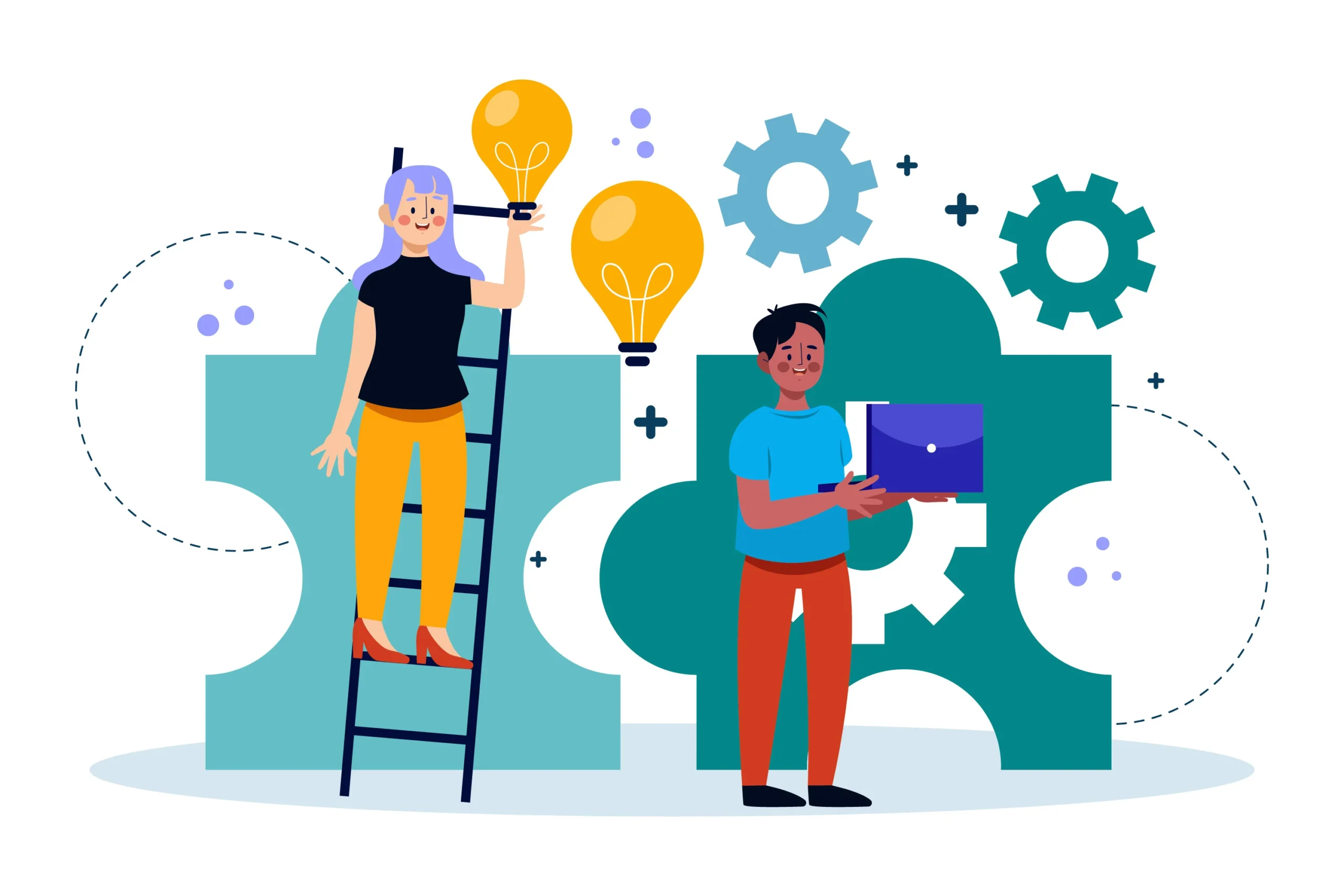Introduction
Problem-solving is a critical skill that impacts virtually every aspect of life, from personal decisions to professional challenges. Whether you’re navigating complex work scenarios or tackling everyday obstacles, effective problem-solving can lead to better outcomes and increased satisfaction. This article delves into practical strategies and techniques to enhance your problem-solving skills, providing you with the tools needed to tackle issues more effectively and efficiently.
Understanding the Problem-Solving Process
Before diving into specific techniques, it’s important to understand the fundamental stages of problem-solving. This awareness will help you approach problems systematically and effectively.
Identifying the Problem
The first step in problem-solving is to clearly define the problem. Understanding what you’re dealing with is crucial for finding an effective solution.
- Clarify the Issue: Ensure you have a precise and thorough understanding of the problem. Ask questions like, “What exactly is the problem?” and “What are the symptoms?”
- Gather Information: Collect relevant data and context to better understand the problem’s scope and implications.
Analyzing the Problem
Once the problem is identified, analyzing it helps in understanding its root causes and implications.
- Break Down the Problem: Decompose the problem into smaller, manageable parts. This makes it easier to address each component.
- Identify Root Causes: Use tools like the “5 Whys” technique to trace the problem back to its origin.
Techniques for Effective Problem-Solving
With a clear understanding of the problem, you can employ various techniques to find effective solutions.
Brainstorming
Brainstorming is a creative technique used to generate a wide range of ideas and solutions.
- Encourage Creativity: Focus on generating as many ideas as possible without immediate judgment. This encourages creative thinking and uncovers potential solutions.
- Evaluate and Refine: After brainstorming, evaluate the feasibility of each idea and refine the best options.
Mind Mapping
Mind mapping helps visualize the problem and its possible solutions in a structured format.
- Create a Visual Diagram: Start with the central problem in the middle and branch out with related ideas and solutions.
- Organize Information: Use the mind map to see connections between different aspects of the problem and potential solutions.
Root Cause Analysis
Root cause analysis aims to identify the underlying causes of a problem to address it effectively.
- Use Analytical Tools: Employ tools like Fishbone Diagrams or Pareto Analysis to systematically identify and address root causes.
- Address Causes, Not Symptoms: Focus on solving the root cause rather than just the symptoms of the problem.
Decision-Making Techniques
Once potential solutions are identified, effective decision-making is essential to choose the best course of action.
- Evaluate Options: Assess the pros and cons of each potential solution. Consider factors like feasibility, cost, and impact.
- Use Decision Matrices: Apply decision matrices to weigh different options and make informed choices.
Developing Critical Thinking Skills
Critical thinking is integral to problem-solving and involves analyzing and evaluating information objectively.
Question Assumptions
Challenge existing assumptions to uncover new perspectives and solutions.
- Identify Assumptions: Recognize the assumptions underlying your current approach or solution.
- Test and Question: Evaluate whether these assumptions are valid and consider alternative viewpoints.
Analyze Arguments
Assess the strength of arguments and evidence related to the problem.
- Evaluate Evidence: Look at the quality and relevance of the evidence supporting different solutions.
- Consider Counterarguments: Weigh opposing viewpoints to ensure a comprehensive analysis.
Enhancing Problem-Solving Skills Through Practice
Regular practice can significantly improve your problem-solving abilities.
Engage in Puzzles and Games
Activities like puzzles and strategy games can sharpen your problem-solving skills.
- Challenge Your Mind: Engage in activities that require logical thinking and strategy.
- Learn from Experience: Reflect on the strategies that worked and those that didn’t to improve your problem-solving approach.
Seek Feedback and Learn from Others
Feedback from others can provide valuable insights and improve your problem-solving skills.
- Request Feedback: Ask colleagues or mentors for feedback on your problem-solving approach and decisions.
- Learn from Others: Observe how others solve problems and incorporate useful techniques into your own practice.
Applying Problem-Solving Skills in Everyday Life
Integrating problem-solving techniques into daily activities can lead to more effective decision-making and better outcomes.
Personal Decision-Making
Apply problem-solving skills to personal decisions to improve your life.
- Use Systematic Approaches: Apply techniques like brainstorming and root cause analysis to personal challenges.
- Evaluate Outcomes: Reflect on the effectiveness of your decisions and refine your approach as needed.
Professional Challenges
Problem-solving skills are crucial in the workplace for handling various challenges.
- Address Work Issues: Use problem-solving techniques to tackle work-related issues and improve processes.
- Collaborate with Teams: Leverage collective problem-solving skills within teams to achieve better results.
Conclusion
Improving your problem-solving skills involves understanding the problem-solving process, employing effective techniques, and developing critical thinking abilities. By practicing these skills regularly and applying them to both personal and professional challenges, you can enhance your ability to tackle issues effectively and achieve better outcomes. Whether you’re navigating complex work scenarios or making everyday decisions, mastering problem-solving skills will empower you to address obstacles with confidence and creativity.


